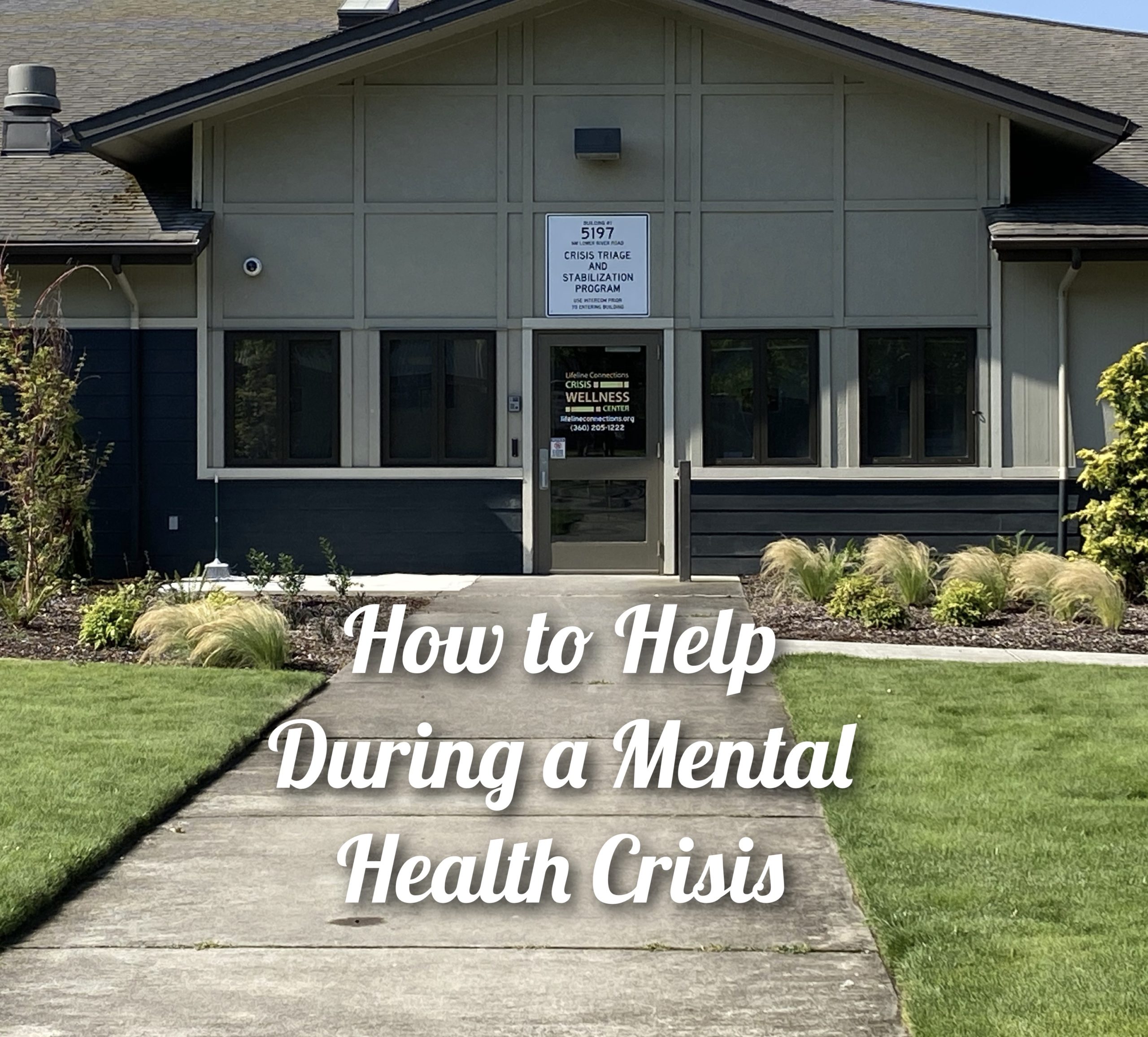
How to Help During a Mental Health Crisis
Chances are you know someone who has been through a mental health crisis. Perhaps you weren’t there when things got rough, but there is a very high possibility that one day you will be around and you will need to know what to do. Think of this as a course in mental CPR. You may not be able to provide long-term mental therapy, but you can feel confident that you helped someone until they were able to get the care they really need.
There is a great site called mentalhealthfirstaid.org with many tools. Like physical first aid, their primary purpose is to train you in helping someone who may be in immediate need of help. This helps prevent situations like suicide, self-harm, harming others and other similar scenarios. While this program is intended to do in-depth training, it provides information that can be helpful now before you are able to do some formal training.
A.L.G.E.E.
Assess for risk of suicide or harm.
Listen non-judgmentally
Give reassurance and information
Encourage appropriate professional help
Encourage self-help and other support strategies
Assessing for risk of suicide or harm
This can sound intimidating, but when you are in a situation of someone in a crisis they will have some pretty obvious signs. One is if the person is threatening to hurt or kill oneself. If they are looking for a way to hurt or kill oneself, talking about death or suicide, acting recklessly, increasing their use of alcohol or drugs, withdrawal from society or friends and family, and obvious or dramatic changes in mood, then they need help.
Listening non-judgmentally
It may even be one of the more difficult parts of this process, particularly if the person is a close family member or friend. Watching someone go through a mental health crisis can be frightening. That fear can lead to anger or defensiveness on your part, which may lead you to do something that would exacerbate the problem rather than get the person help. If you want to be prepared for any potential mental health crisis, start now. Educate yourself. The person you may need to help someday will need to know that you are their ally, so listening to what they are going through is crucial. They are much more likely to accept help when they know you are there for them.
Give reassurance and information
While giving out information probably won’t solve a mental health crisis situation, it may help convince the person to seek help. Don’t blame the person for their crisis; instead, inform them that you are there for them and that there are others who want to help.
Encouraging appropriate professional help
It is not the same as a referral that a doctor is licensed to give, but it is a way to help the person become aware of their resources. You can offer to help them find a doctor, social worker, or a mental health/rehabilitation facility like Lifeline Connections. Help them understand that by seeking treatment they can heal and move on with their life free from their illness.
Encourage self-help and other support strategies
Support groups may help them get through a tough situation, give them that information or help them get the details. Even if you don’t know of any, it will help if you do a little of the research for them. Some people loves to read and you can refer them to reputable self-help books. Another person enjoys exercise. Offer to take them hiking or encourage a daily plan that includes some physical activity that they enjoy.
If the person seems to be in need of immediate help, contact a crisis support hotline such as 1.800.273.TALK (8255) or 911 if you or the person is in physical danger. The National Suicide Prevention Lifeline also has an online chat option. Similarly, there is a Crisis Text Line. It has trained volunteers to get you or someone you love through a crisis via texting (741741).
At Lifeline Connections, we are dedicated to the treatment of anyone with a mental health condition. With our help, you or your loved one can receive the help needed. We now have a Crisis Triage & Stabilization for situations just like this. Call (360) 205-1222 and a nurse will triage the situation and let you know how we can help.
